IMDEA Networks

Noticias
Investigadores de IMDEA Networks reconocidos como Miembros Distinguidos del Comité del Programa Técnico (TPC) de IEEE INFOCOM 2026
Investigadores de IMDEA Networks Institute han sido reconocidos como Miembros Distinguidos del Comité del Programa Técnico (TPC) de IEEE INFOCOM...
Seguir leyendo arrow_right_altMujeres en STEM: historias para inspirar a las nuevas generaciones
En el marco del Día Internacional de la Mujer y la Niña en la Ciencia, hemos entrevistado a cinco de...
Seguir leyendo arrow_right_altIMDEA Networks despliega una farola inteligente de última generación con tecnología 5G de onda milimétrica y WiFi 7 junto con colaboradores de NEXTONIC
IMDEA Networks Institute ha instalado con éxito una farola inteligente de última generación en los exteriores de su sede en...
Seguir leyendo arrow_right_altEl proyecto MLEDGE demuestra que el aprendizaje federado puede respaldar servicios de inteligencia artificial en el mundo real
Tras dos años y medio de trabajo, el proyecto MLEDGE (Cloud and Edge Machine Learning), liderado por el profesor Nikolaos...
Seguir leyendo arrow_right_altIMDEA Networks refuerza su liderazgo en investigación 6G con nuevas infraestructuras financiadas por fondos NextGenerationEU
IMDEA Networks ha reforzado de manera significativa sus capacidades de investigación en 5G avanzado y futuras redes 6G gracias a...
Seguir leyendo arrow_right_alt“IMDEA Networks es una combinación perfecta de ética de trabajo y espíritu colaborativo”
Lucianna Kiffer, profesora asistente de investigación en IMDEA Networks y responsable del Grupo de Sistemas Distribuidos y Redes, comparte en...
Seguir leyendo arrow_right_altIMDEA Networks abre sus laboratorios a estudiantes de FP en una jornada divulgativa
Alrededor de 60 estudiantes de FP del IES San Juan de la Cruz y el Colegio Valle del Miro han...
Seguir leyendo arrow_right_altIMDEA Networks crea una herramienta de marca de agua segura para proteger los datos institucionales
El proyecto europeo DataBri-X, que comenzó en octubre de 2022, ha llegado recientemente a su fin logrando un hito clave:...
Seguir leyendo arrow_right_altUn equipo de IMDEA Networks participa en el Hackathon de la Quantum Internet Alliance 2025
Un equipo de IMDEA Networks participa, en el marco del proyecto regional MADQUANTUM-CM (financiado por la Comunidad de Madrid y...
Seguir leyendo arrow_right_altIMDEA Networks muestra sus avances en el cierre del Plan de Comunicaciones Cuánticas
En el marco del proyecto MadQuantum-CM, IMDEA Networks ha participado en el evento final del Plan Complementario de Comunicaciones Cuánticas,...
Seguir leyendo arrow_right_alt

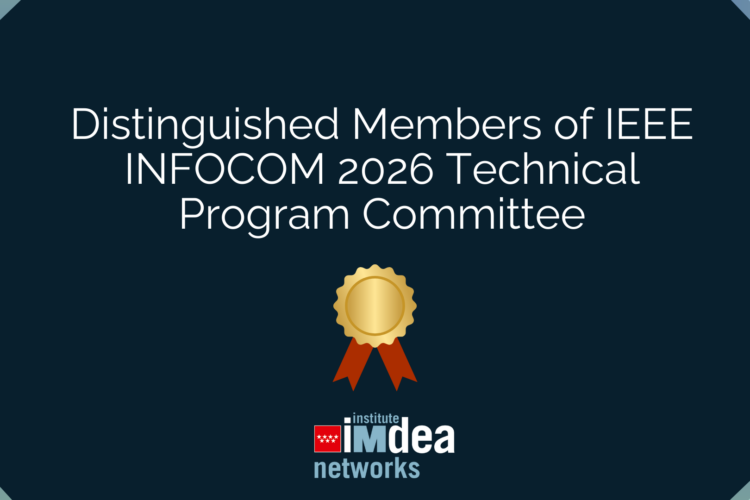
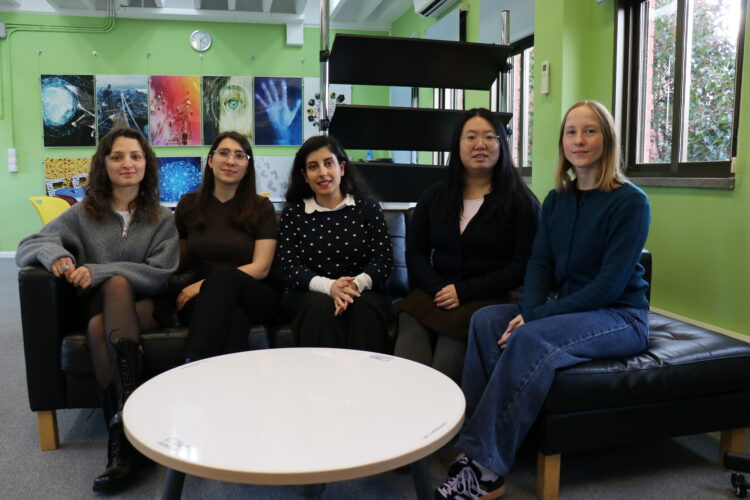
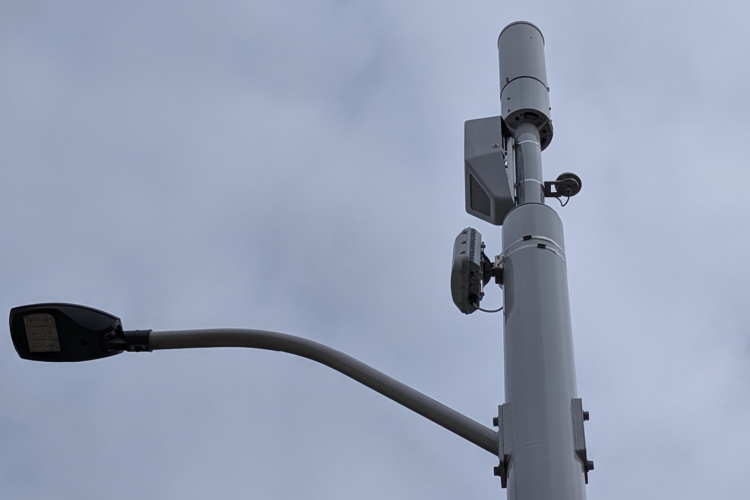


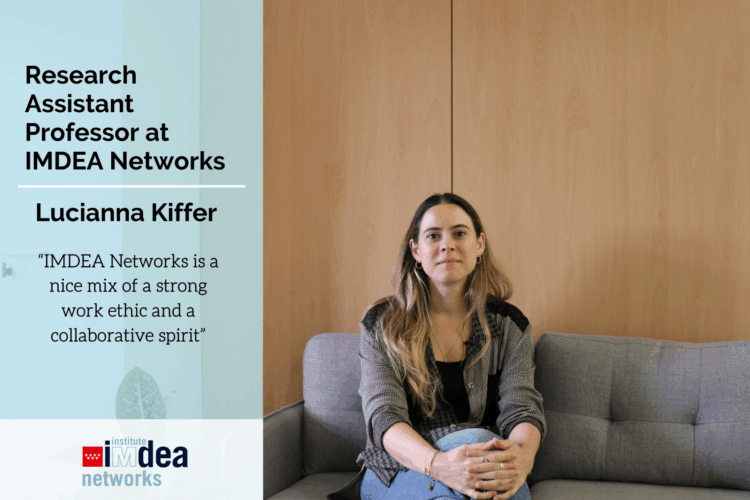
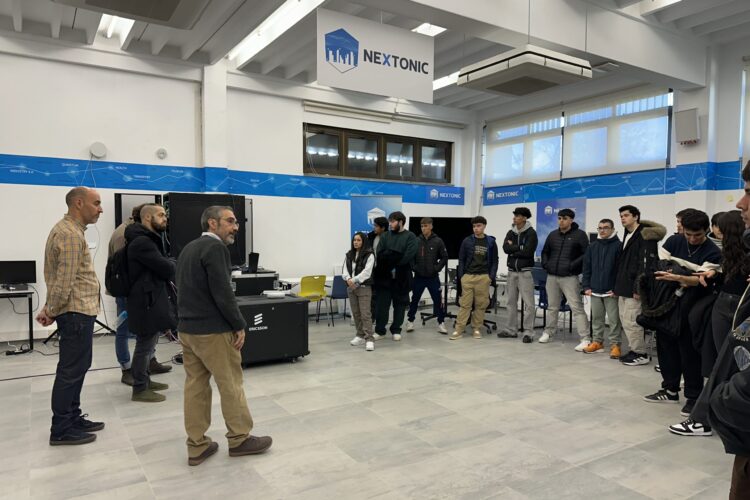

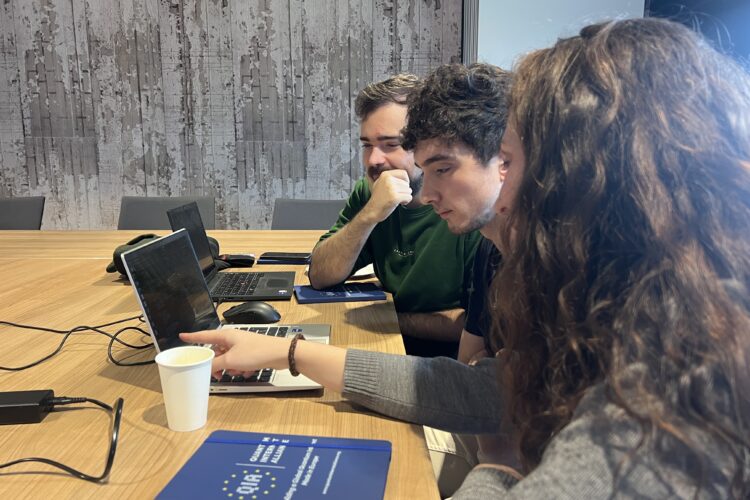

Comentarios recientes